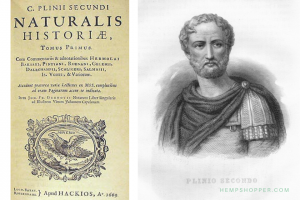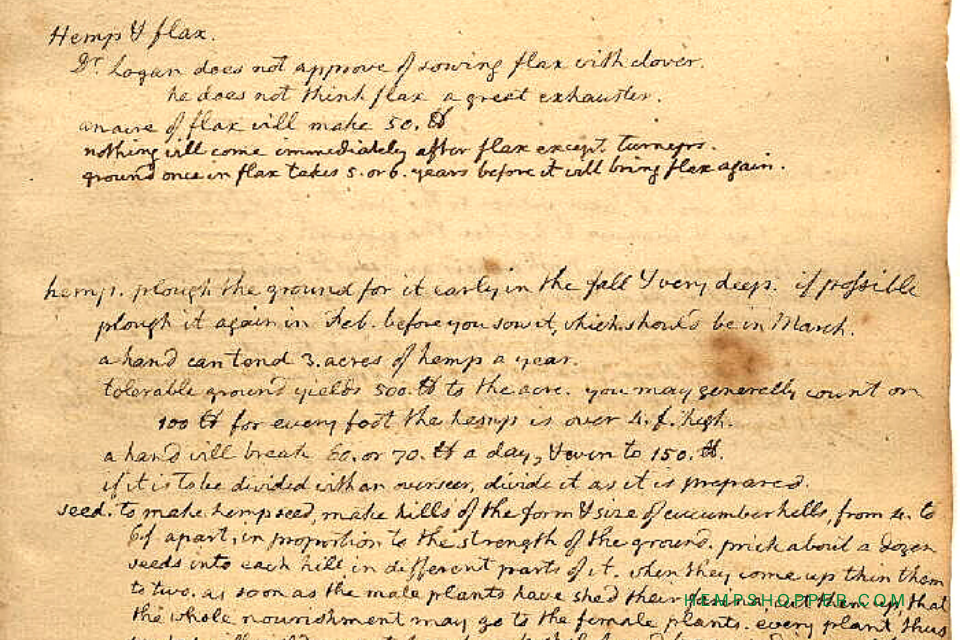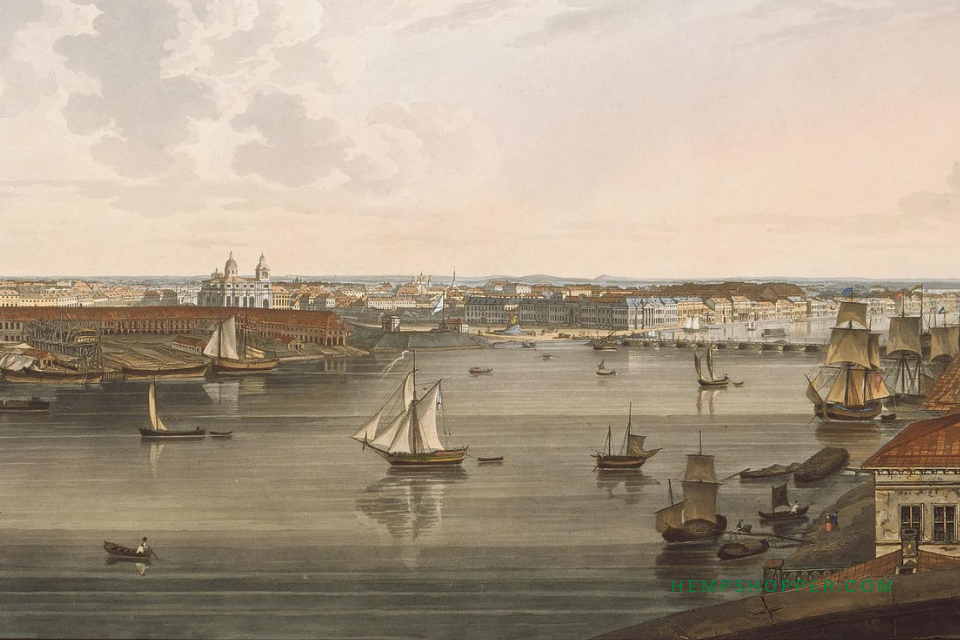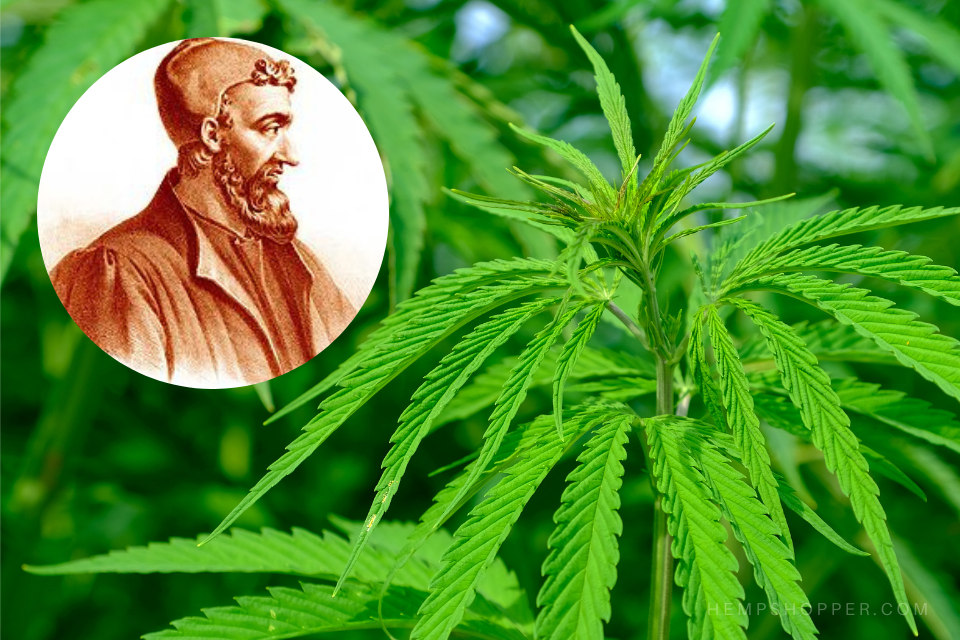77 – 79 CE: Pliny the Elder describes the cultivation and the industrial and medical use of cannabis

77 – 79 CE: Pliny the Elder describes the cultivation and the industrial and medical use of cannabis.
Gaius Plinius Secundus (23 CE – August 25, 79 CE), better known as Pliny, the Elder, was a Roman author, naturalist, natural philosopher, and naval and army commander of the early Roman Empire. Spending most of his spare time studying, writing, or investigating natural and geographic phenomena in the field, he wrote an encyclopedic work, Naturalis Historia, which became a model for all such works written subsequently.[1]
The Natural History (Latin: Naturalis Historia) is an encyclopedia published circa CE 77–79. It is one of the most significant single works to have survived from the Roman Empire to the modern-day and purports to cover the entire field of ancient knowledge, based on the best authorities available to Pliny. The Natural History consists of 37 books. In books XII–XXVII, he describes Botany, including agriculture, horticulture, and pharmacology. In book XIX and XX, Pliny describes the industrial, medical use, and cultivation of cannabis.
In Book XIX -The nature and cultivation of flax and an account of various garden plants, Pliny describes the cultivation and industrial use of cannabis: “there is hemp, a plant useful for making ropes, and usually sown after the west winds have begun to prevail: the more thickly it is sown, the thinner are the stalks. The seed is gathered when ripe, after the autumnal equinox. It is dried by the agency of the sun, the wind, or smoke. The hemp itself is plucked just after vintage-time and is peeled and cleaned by the laborers at night.”[2]
In Book XX -Remedies derived from the garden plants, Pliny describes hemp as a remedy: “Hemp seed, it is said, renders men impotent: the juice of this seed will extract worms from the ears or any insect which may have entered them, though at the cost of producing head-ache. The virtues of hemp, it is said, are so great that an infusion of it in water will cause it to coagulate: hence it is that if taken in water, it will arrest looseness in beasts of burden. A decoction of the root in water relaxes the joints’ contractions and cures gout and similar maladies. It is applied raw to burns, but it must be frequently changed so as not to let it dry.”[3]
1. BIGELOW, Jacob, MD (1859): Death of Pliny the Elder. Littell's Living Age. Third (Boston: Littell, Son, and Company 2. Pliny the Elder, The Natural History: Book XIX The nature and cultivation of flax and an account of various garden plants. Chapter 56: Four kinds of ferulaceous plants. (eds. John Bostock, M.D., F.R.S., H.T. Riley, Esq., B.A. 1855) 3. Pliny the Elder, The Natural History: Book XX: Remedies derived from the garden plants. Chapter 97: Hemp: Nine remedies.(eds. John Bostock, M.D., F.R.S., H.T. Riley, Esq., B.A. 1855) Research and text © Hempshopper Amsterdam.


 Hempshopper Amsterdam
Hempshopper Amsterdam 






